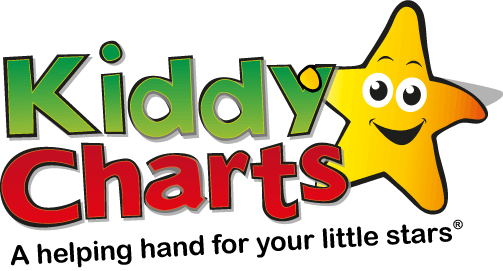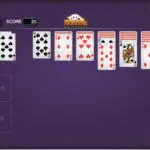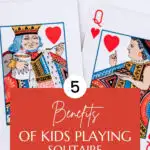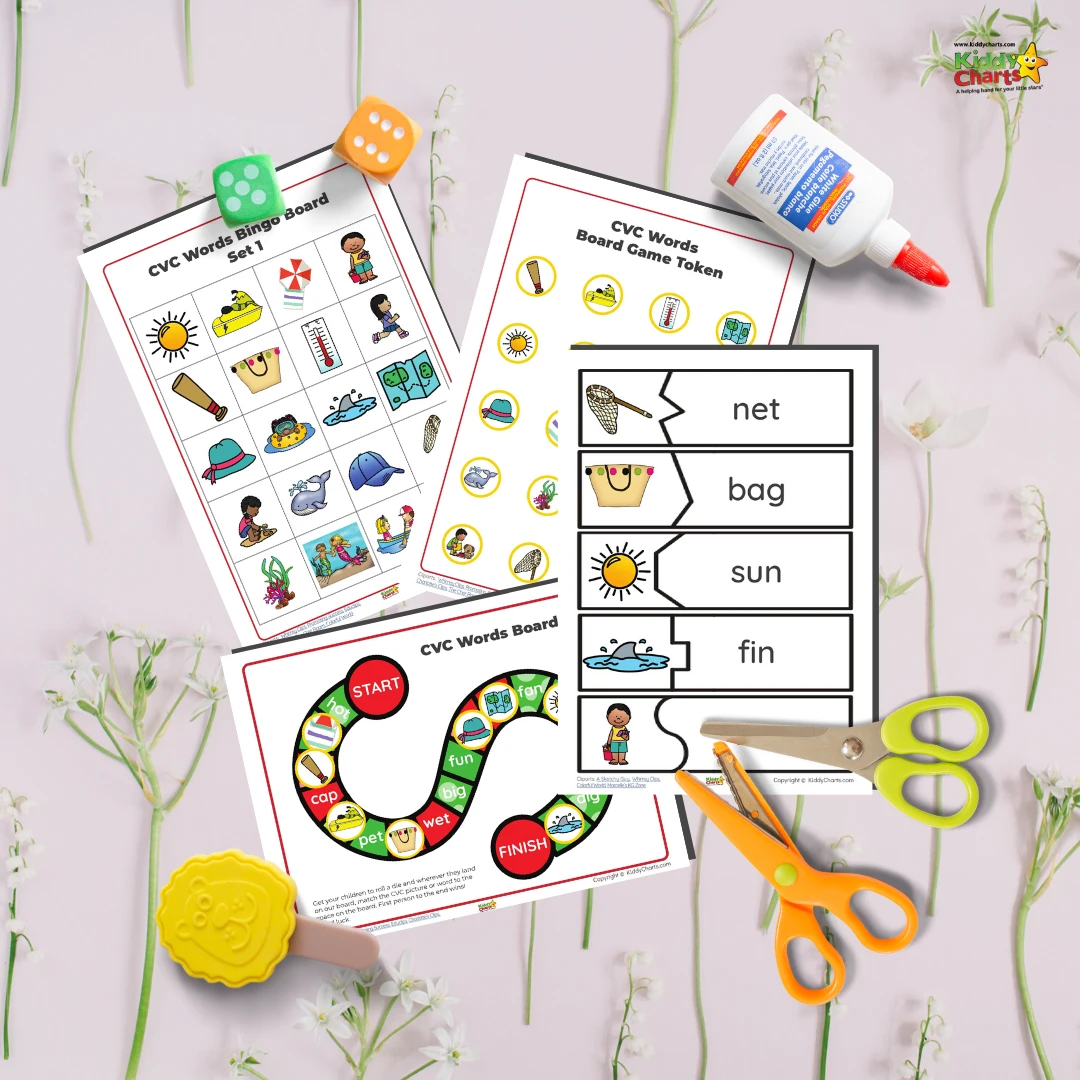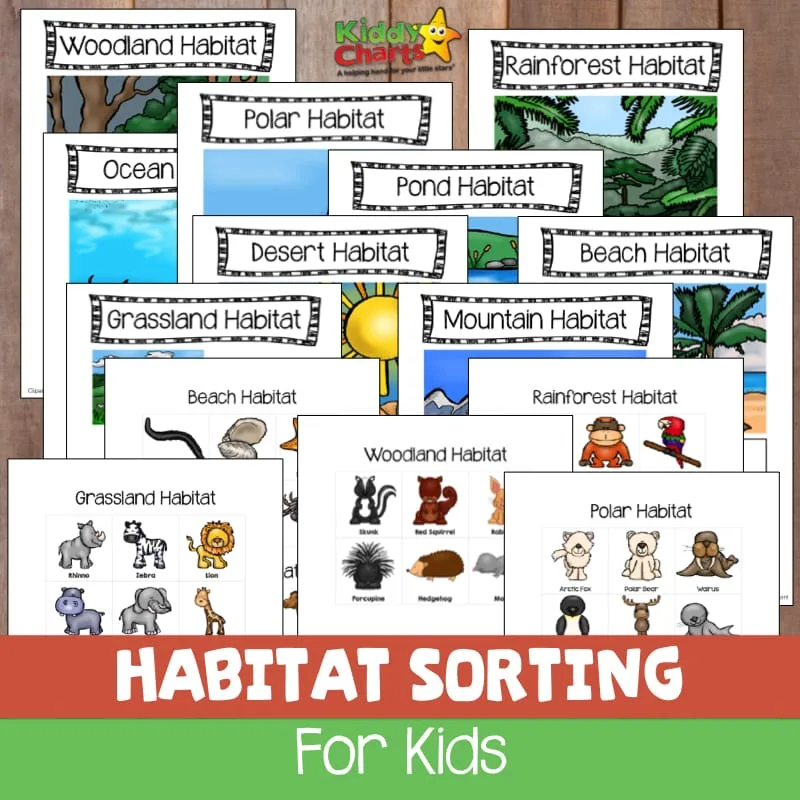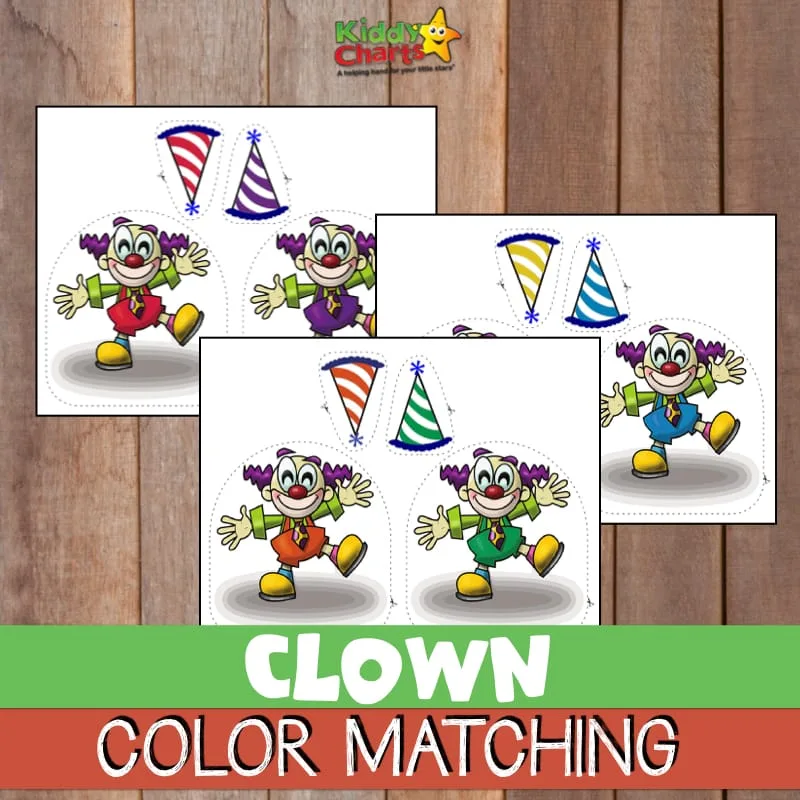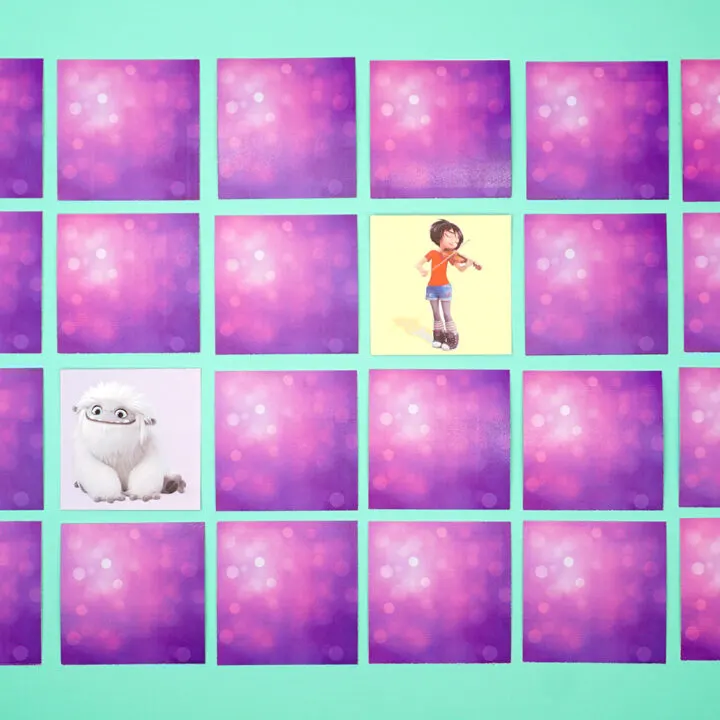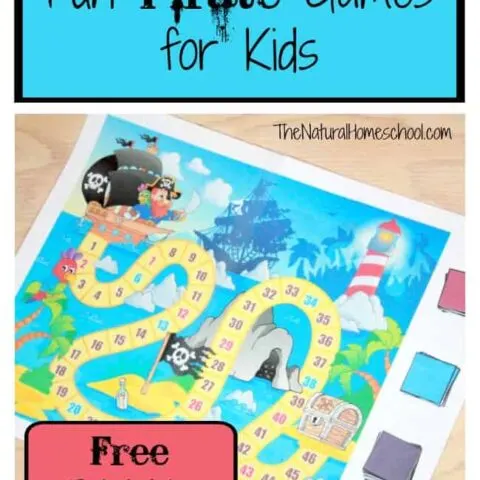We are all looking for ways to help our kids to get outside and enjoy the world, BUT sometimes we do forget that some time online is to be expected for this generation. It’s the way they communicate, the way many relax, and an important part of their world. As parents, it is important that we engage with that, and even embrace it. We’ve been doing just this by exploring free online solitaire games to support kids in their learning. And we have discovered that playing solitaire is more rewarding and educational than you might think…..
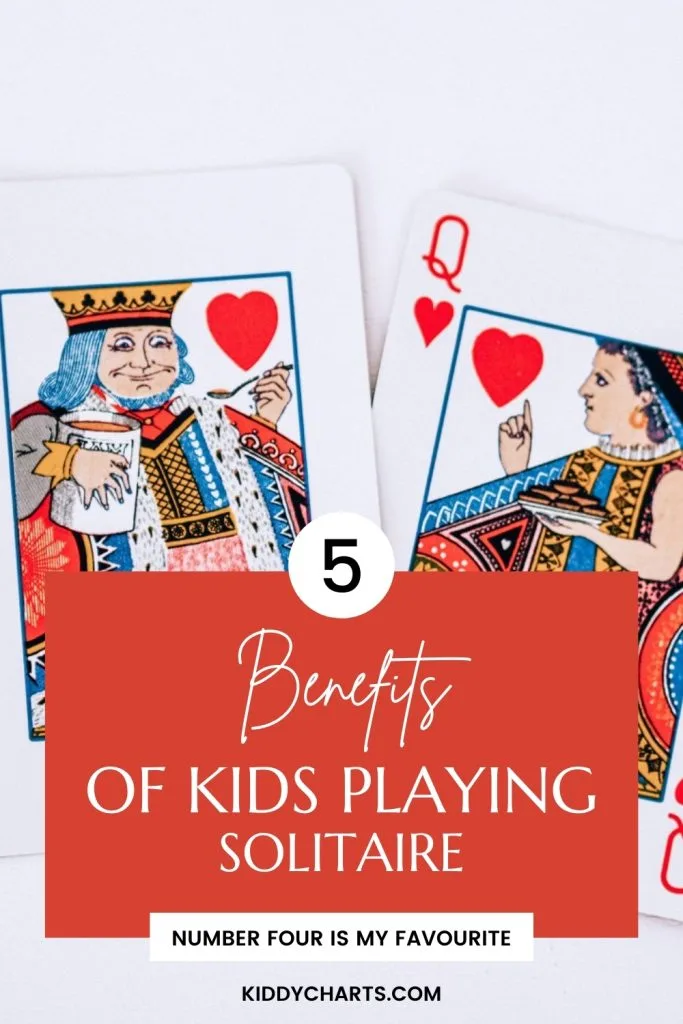
1. Calming the mind
KiddyCharts is focused on mindfulness, and teaching children to play by themselves is a very in the moment activity. Games like Klondike, which is the classic patience game that so many of us know, is perfect for kids to play, and keep them focused on the cards and the game without other thoughts distracting them. With both a simple version (turning cards one at a time), and a more complex one (turning them three at a time), there is scope to teach children to play at a younger age than you might at first think too.
Who can forget the classic card game layout for this version of free online solitaire?
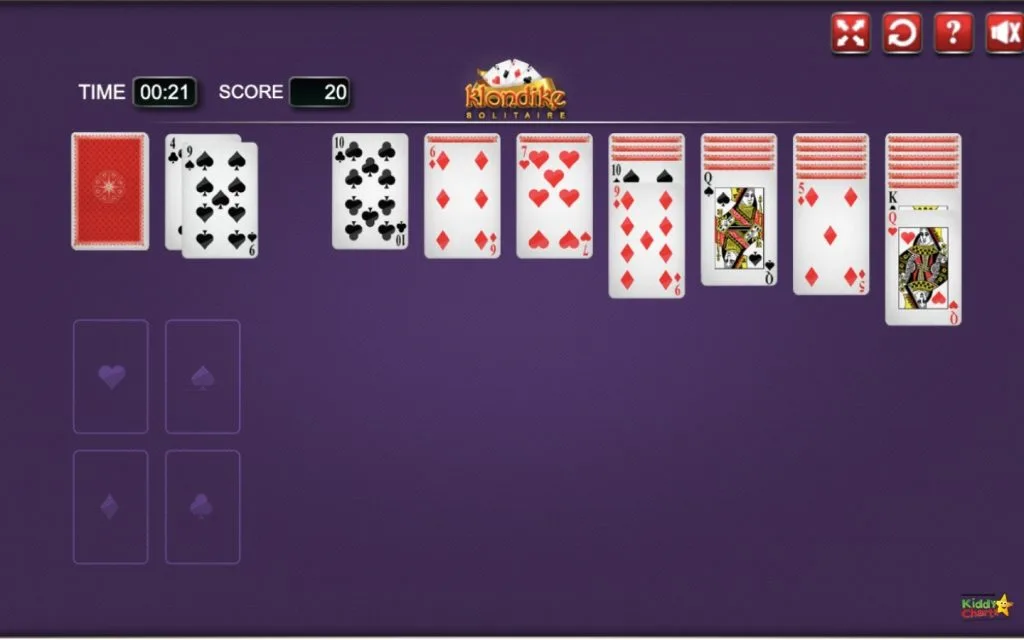
See – you knew it instantly, right?
What age can kids play solitaire?
This is very much dependent on the child, and the type of solitaire that is being played. There are loads of different forms of solitaire; from Spider to Klondike, Clock Patience and the Pyramid game too.
We have had success with explaining these different forms to kids aged 10+, even though some suggest the more complex versions, like Klondike, are more suitable for 13+. You know your child – but there is no harm giving it a go. For a bright little one – under 10 might even work!
2. Improving mental maths
Some free online solitaire games are perfect for teaching kids mental arithmetic, the classic for this is the solitaire game, Pyramid. This has a layout where the cards are on top of each other within that pyramid shape…we remember playing this when we were kids too. Don’t miss out on the opportunity to discuss shapes with your children as well 😁
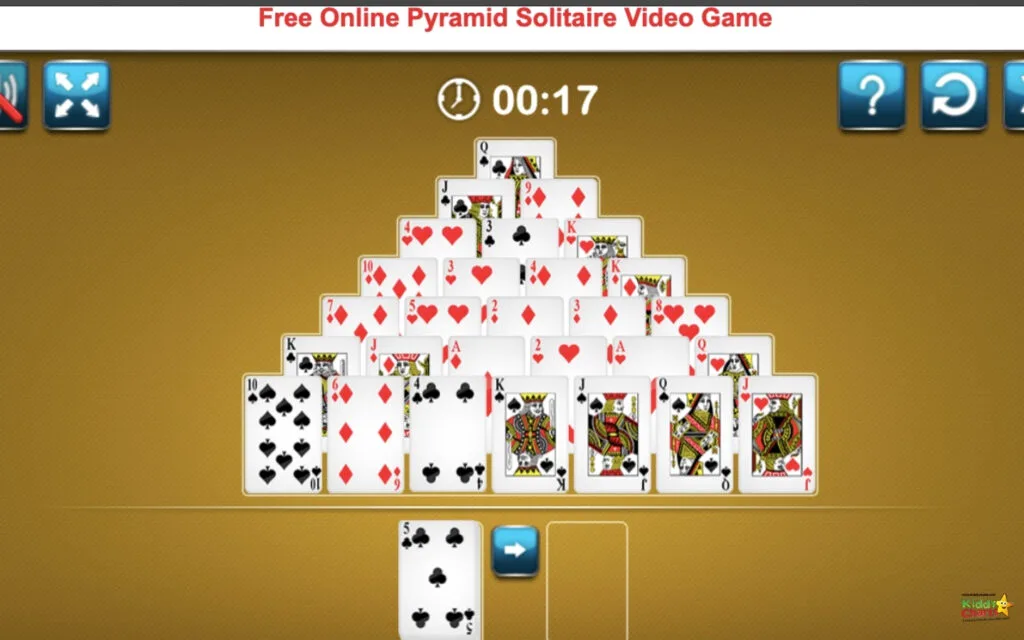
The aim of the game here is to remove the cards that total to 13 in pairs, or a single card (the King). This is a great way of kids learning about number bonds. Typically we use 10s to illustrate this in maths, but why not branch out and use 13 in your home learning? You can easily see here how this works well to increase kids mental maths:
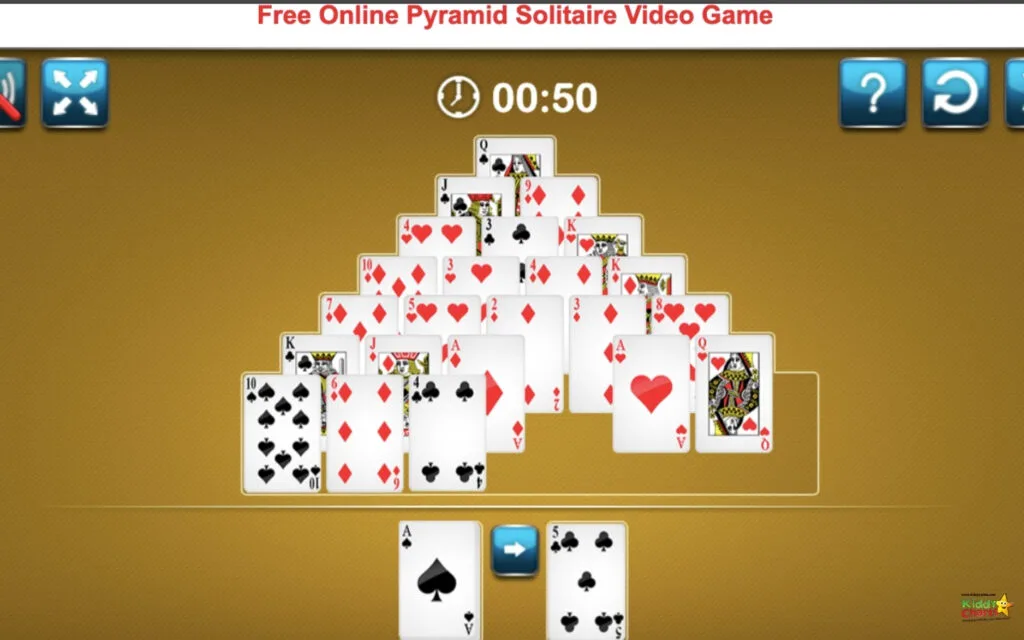
There is a 13 number bond with the queen and the ace; and kids will learn very quickly which cards make up 13. They’ll be faster than you in their heads in no time… 😉
3. Teaching positive competition
You are competing against yourself in Solitaire. Working on improving on the last time you played, and learning from the mistakes that you made. This means that there is a competitive element, without the fear of letting a side or your friends down. It is a safe place to develop a healthy competitive nature, without worrying too much about the consequences.
Believe it or not, some kids will cheat in Solitaire games played with real cards, but it is not that easy to cheat in online free solitaire games; the computer knows! 😂
If you do play for real and your kids end up cheating, you will be surprised at how many stop because it really isn’t that much fun to cheat yourself. As you know you didn’t win it fair and square, no matter what you are telling other people….
If your kids do make mistakes in their solitaire games, and then adapt the next time they play, they are learning all the time. Failure is a small step along the way to their successes.
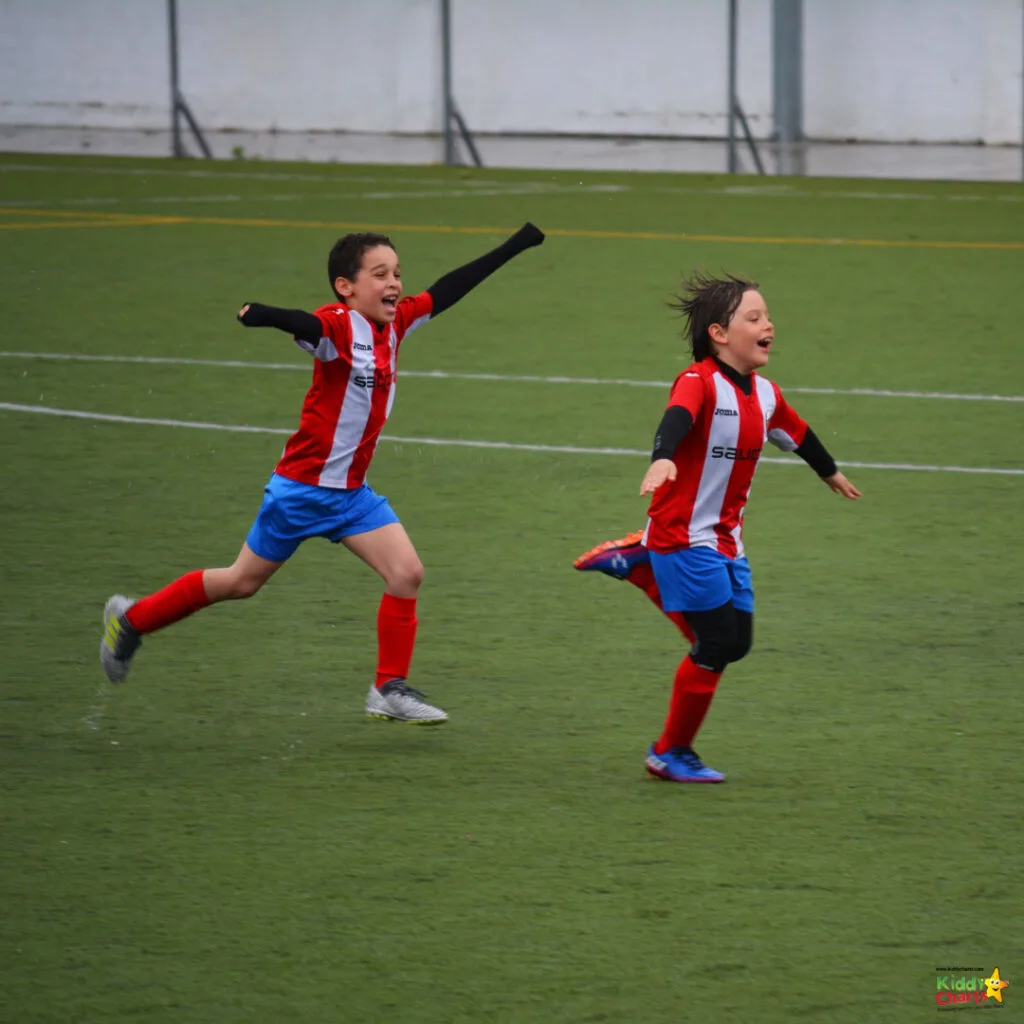
Team sports are fantastic for kids – but there is no harm in understanding how to compete healthily with yourself, setting targets, and goals, and trying to better yourself every time you play without too much pressure.
4. Encouraging attention to detail
This is an often over-looked benefit to solitaire for both kids and adults. You MUST pay attention in your games, as otherwise it is easy to miss opportunities for freeing up cards, particularly when you are playing the harder version of the Klondike game. If you miss the chance to move a card from the front of a set of three; you could miss out on a vital Ace or King that will help you complete your game.
Kids will take this on board as they play – realising that they can’t rush the game, and need to be aware of all the options.
Focus is critical – and a really important life skill for them to learn from an early age.
This is why older children can be better as they see more of the moves within the game than a child under 13 would. They are also a little better at taking their time with tasks on their own – there is nothing more immediate than a child, hey?
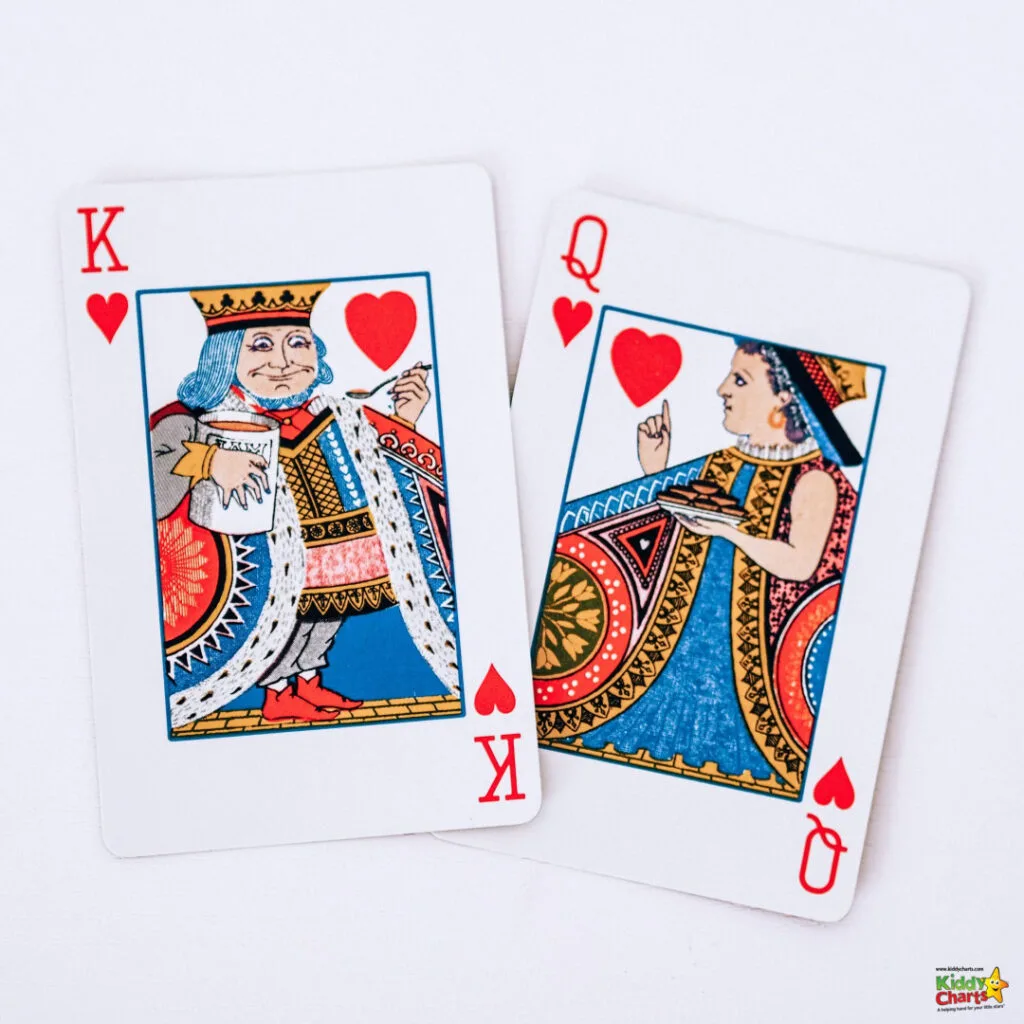
5. It is loads of fun
This is obvious, and just a fact. Playing free online solitaire is a fun way to spend time, as well as being educational, teaching mindfulness, and focus. That just means it is another tool in the parental arsenal when the kids start complaining that they are bored!
And bonus brownie points that you are suggesting something that isn’t away from screens for a change 🤣
We hope that you like this article, if you do, feel free to sign up to our weekly newsletter for more fun and games:
We love having you drop by.
If you are looking for more ideas for kids focused on games, then do check out some of these printable games on the KiddyCharts site:
Free printable games on KiddyCharts
Here are some of the other free printable games, most focused on learning, that we have on the site. Why not take a look?
CVC games with an ocean theme
This is a great game for emergent readers to help with their CVCs - there are a few activities to play here.
Animal habitats sorting game for kids: Free printable
This is one of the most popular games within KiddyCharts - a habitat sorting game within STEM; which the kids LOVE. Such cute characters within it too.
Ad | Free Go Grow Glow sorting game for kids
This is a lovely little postbox sorting game - all about what good helps to do what without our body.
Food group game: Go Grow Glow
Another game themed to help the understanding of healthy food choices with our children.
Learning colours: Clown colour matching game
If you are looking for colour matching and learning, this is a great game to play.
Or perhaps these ones instead?
Printable games from the internet
There are a few other great sites producing free printable games, why not go and check these out too?
Harry Potter Patronus Matching Game
Harry Potter is a firm favourite in our house - here is a matching game for you if you are a fan. Pick your patronus!
Abominable Movie + Memory Match Game
Another memory matching game - which are always very popular - this time for movies.
Fun Pirate Games for Kids {Printable}
Finally, this is a little pirate game; why not give it a go with the kids today?
Thanks again for coming to see us on the site, and we hope to see you again soon.
Take care,
Helen
This is a collaborative post.
